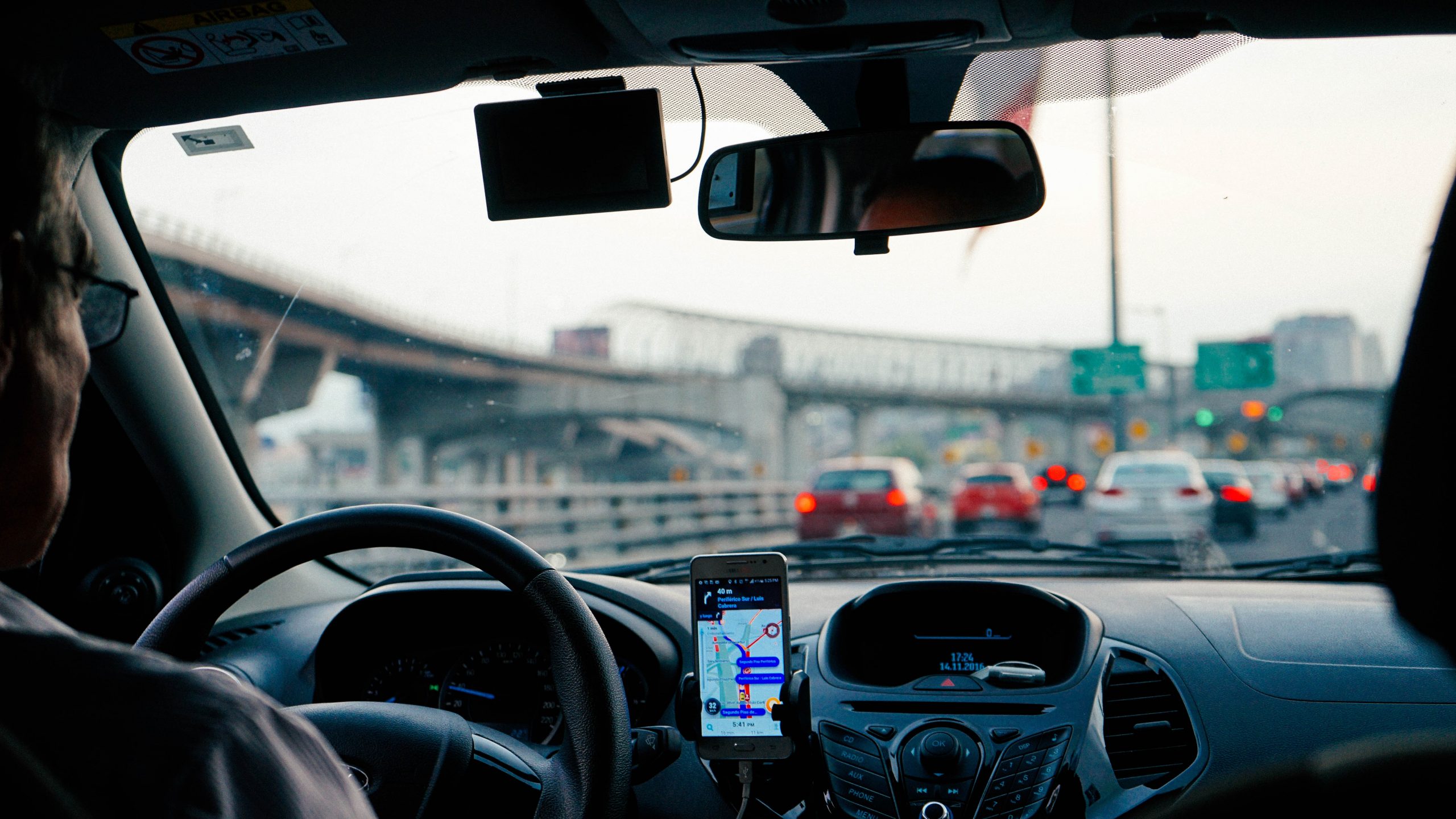

The UK Supreme Court ruled on February 19, 2021 that Uber drivers must be treated legally as workers. After a five year long legal battle, Mr. James Farrar and Mr. Yaseen Aslam (who jointly initiated the legal process), as well as all their fellow Uber drivers, celebrated the fact that they are finally recognized as workers of Uber, with all privileges and rights (e.g. minimum wage, right to paid holidays, right to unionize) that come with the status.
However, in late March Uber stressed that the Supreme Court’s decision meant its drivers were “workers” but not “employees.” Nevertheless, the distinction means that the rail-hailing company still will not allow sick pay, parental leave or time off for emergencies.
During this long and important case, Uber tried to argue that it is only a booking agent and thus just an intermediary which hires self-employed drivers to offer transportation services. Their arguments were insufficiently persuasive to three court instances in the UK and this appeal was their last chance to stop the their drivers being reclassified as employees.
It is notable that the Supreme Court unanimously dismissed the appeal, stating five key reasons behind the ruling: 1) as Uber sets the fare, it also dictates how much an individual driver can earn; 2) drivers have no say in determination of the terms of their contract with Uber; 3) Uber effectively constrains drivers’ choice whether to accept a ride request; 4) the way by which drivers perform their services is also “significantly controlled” by Uber (especially by its rating system) 5) Uber restricts communication between passengers and drivers. These facts led to the conclusion that the service provided is significantly “defined and controlled” by Uber, while drivers are in a position of “subordination”. Comparisons made to other, actual booking agencies were also used to support the ruling.
Furthermore, the Supreme Court posited that drivers are working for Uber whenever they are logged in on the app, not just when they are accepting and fulfilling ride requests from passengers.
It is expected that this decision will lead to significant changes in the years to come. The legal status of Uber drivers in the UK has been changed and we can expect that this would lead to higher Uber fares in that market. Likewise, in the USA, President Biden’s labor secretary stated that lot of gig workers in the United States should be classified as employees who deserve work benefits.
While this development does not have much to do directly with the EU Law (we are looking at you, Brexit!) or Serbian law, there are many related and similar legal dilemmas in these jurisdictions too. For example, although Uber does not do business in Serbia, CarGo, a local company almost identical to Uber, faces similar challenges. Its drivers are also currently not regarded as employees, although their status is even more complex, since both the drivers and the users of CarGo are, legally speaking, members of the CarGo association. The solution should there be a need to change their status, would thus have to be more creative.
All in all, this decision by the UK Supreme Court could set a general trend in the so-called “gig economy” which will likely be followed worldwide.